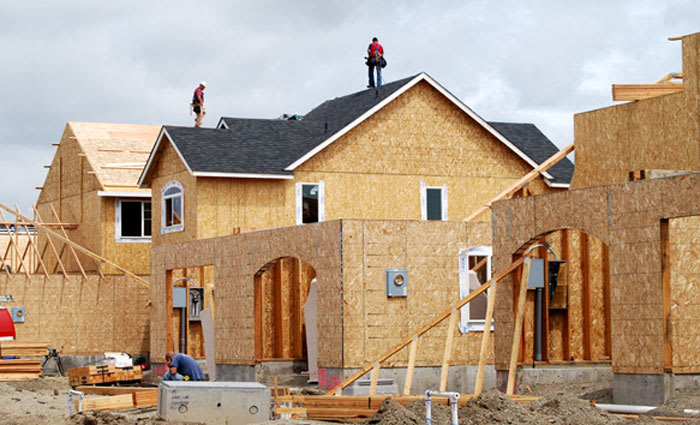Peak of the building approvals cycle has passed: HIA
The December 2016 update for ABS Building Approvals confirms the peak for the cycle has passed, according to the Housing Industry Association.
“While a downward trend in building approvals is firmly entrenched, residential construction activity itself will hold up well throughout 2016/17,” said HIA chief economist, Dr Harley Dale.
“From 2017/18 we will see a sharper decline in new home building activity, primarily due to the medium/high density segment of the market.
"Building approvals peaked in July 2016, but by December last year were only 18 per cent lower than that peak.
"Given approvals reached an all-time high last year that’s a modest fall – we can take that away and bank it as a good outcome for the Australian economy.
"This has been an extraordinary cycle for new home building – the biggest and longest in history."
He said a long tail to the cycle will be helpful for the Australian economy.
Dr Dale said it was important to focus in 2017 on ensuring Australia has the correct longer term policy settings to ensure we adequately house our growing and ageing population.
The recent appointment of Michael Sukkar as Assistant Minister to the Treasurer, with a focus on housing affordability allows the Federal Government to lead from the front in meeting this crucial national objective.”
In December 2016 total seasonally adjusted building approvals fell by 1.2 per cent with detached houses down by 2.2 per cent and ‘other dwellings’ sitting flat at +0.1 per cent.
On a three month annualised basis total approvals remain above the 200,000 threshold at 204,692.
In December 2016, seasonally-adjusted building approvals increased by 19.5 per cent in Tasmania and 17.0 per cent in Victoria, while in trend terms there was an increase of 1.2 per cent in the Northern Territory.
Building approvals fell in Western Australia (-16.3 per cent), New South Wales (-13.2 per cent), South Australia (-5.4 per cent), and Queensland (-0.1 per cent).
In trend terms approvals fell by 2.1 per cent in the Australian Capital Territory.
